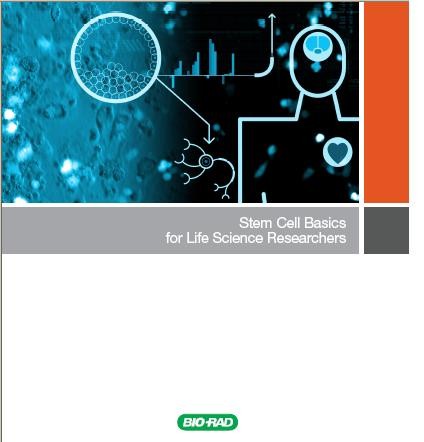It’s hard to believe, but there are similarities between bean sprouts and human cancer.
In bean sprouts, a collection of amino acids known as a protein complex allows them to grow longer in the darkness than in the light. In humans, a similar protein complex called CSN and its subunit CSN6 is now believed to be a cancer-causing gene that impacts activity of another gene (Myc) tied to tumor growth.
Somehow the same mechanisms that result in bigger bean sprouts, also cause cancer metastasis and tumor development.
A study at The University of Texas MD Anderson Cancer Center led by Mong-Hong Lee, Ph.D., a professor of molecular and cellular oncology, has demonstrated the significance of CSN6 in regulating Myc which may very well open up a new pathway for treating and killing tumors. The study results are published in this month’s issue of Nature Communications.
“We have discovered that CSN6 is a strong oncogene that is frequently overexpressed and significantly speeds up tumor growth in many types of cancer,” said Lee. “Furthermore, CSN6 also affects the expression of Myc in tumors.”
Myc is a proto-oncogene or master cancer gene that spurs tumor growth in a variety of cancers including breast, lung, colon, brain, skin, leukemia, prostate, pancreas, stomach and bladder.
Lee said that the study findings are important because targeting Myc is a challenging task due to its unique protein structure. Even though it has been studied for decades, no effective inhibitor for Myc has been successfully developed. His team’s study found that inhibiting CSN6 quickly destabilizes Myc, greatly impairing metastasis and tumor growth.
“This has the potential to unlock a promising and completely new door to effectively eliminating tumors and suppressing cancers that overexpress Myc,” said Lee.
Thanks to MD Anderson for contributing this story.
















